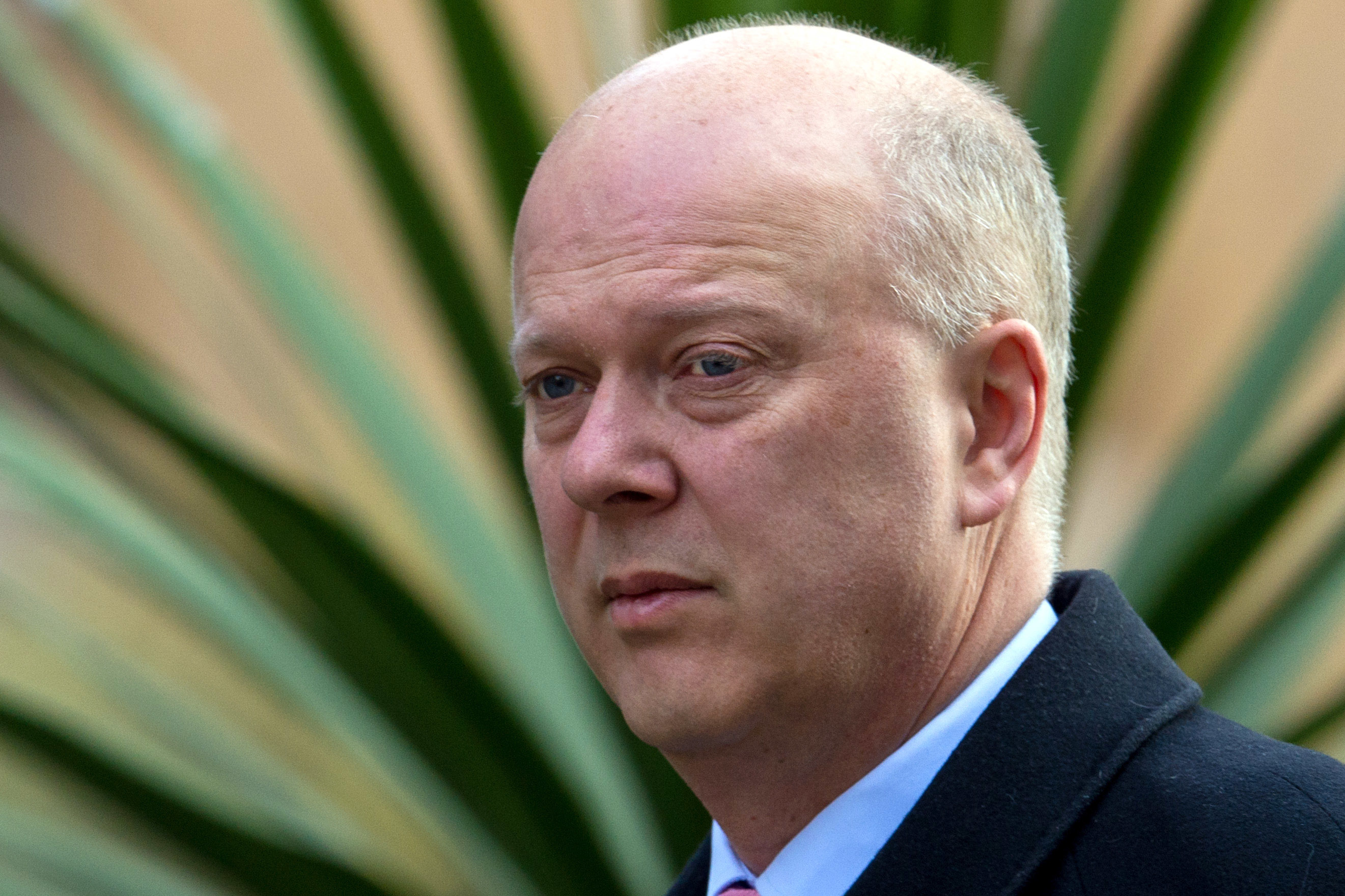
The Commons Leader said Brexit would allow Britain to continue working with “friends and allies” but not face being reduced to a status of “marginal importance” as the eurozone moves towards a political union.
He predicted that in a decade’s time there would be a “federation of eurozone members” and the UK’s position would be one of “lesser importance” when decisions were made in Brussels.
Mr Grayling dismissed the safeguards negotiated by David Cameron in his attempt to strike a new deal with Brussels, claiming that they would be undermined by the closer integration planned in the EU over the next decade.
Speaking at an event in central London, the pro-Brexit Cabinet minister said the roadmap towards completing Europe’s economic and monetary union set out in the Five Presidents’ Report in 2015 would leave the UK and Denmark, the only two countries not obliged to adopt the euro, left with “little or no impact” on decisions.
Mr Grayling acknowledged the PM’s deal meant “we will not be joining our partners on the road to political union”, and the UK would not adopt the euro or be in the Schengen open borders area.
“It would be easy to say that this recognition of two different types of member state would be sufficient to address concerns in the United Kingdom – one group of members fully integrated into a eurozone-based core, and a small number opted out of key elements of the governance of that core.
“But I simply do not believe that this new world is one for us.
“If the vision of the Five Presidents is to be achieved, by 2025 the EU map will look very different.”
With up to 26 members in the eurozone and just two outside, the EU’s institutions would be very different.
“In such a situation and in those institutions, the national interest of one or two member states outside the political union will be of marginal importance.
“It will be like being a shareholder in a company where someone else holds 95% of the shares.
“We may have a seat at the table, but our voice will have little or no impact on the final decision making.”
He added: “Fundamentally the issue is that of sovereignty and the ability of the United Kingdom to look after its national interest.
“Its ability to do so is already far too limited in the EU as it stands today.
“But as all the other member states move towards political union, that situation will become more and more pronounced.
“That is why I believe Britain must leave.”
READ MORE
Former SNP deputy leader Jim Sillars hopes party members will start backing Brexit
Donald MacLeod: The terrorists will win if we let them define our Euro referendum

Enjoy the convenience of having The Sunday Post delivered as a digital ePaper straight to your smartphone, tablet or computer.
Subscribe for only £5.49 a month and enjoy all the benefits of the printed paper as a digital replica.
Subscribe